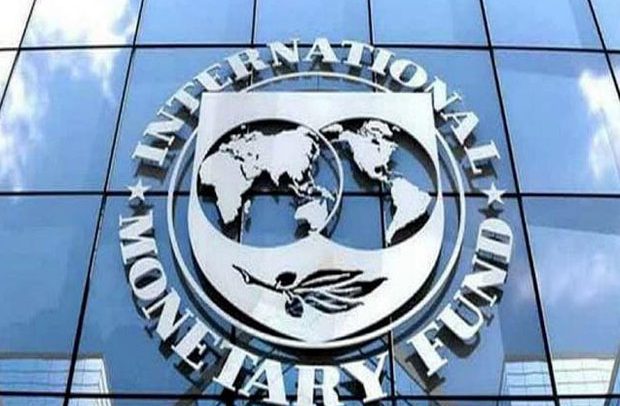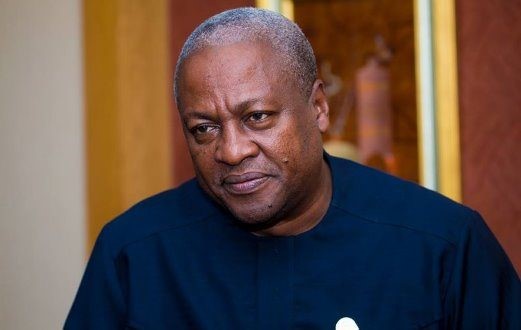
The Economist Intelligence Unit (EIU) has urged OPEC countries to extend the production-cut deal till June 2018 since members of the petroleum exporting countries was no longer able to influence the world market.
Commodity Analyst with the EIU, Cailin Birch made the comment during a meeting with cartels of the petroleum exporting countries.
“Realistically, OPEC has no option but to extend the production cut agreement, at least through end-2017, but more likely through to the first half of 2018. If the deal were to unravel today, the more than 1.2m b/d in currently-frozen production would flood back onto the market, causing prices to crash again.
However, the last four months have revealed that OPEC is no longer able to influence the global market as was in the past, particularly due to the rise in US shale production,” Birch said.
The Commodity Analyst expressed optimism extension of the production-cut agreement by nine more months will help keep prices low.
Birch observed, “We remain of the view that an extension of the OPEC deal for at least another nine months will help to bring about a very modest deficit in the oil market, which will help to keep a floor under prices.”
The Commodity Analyst further commended the petroleum exporting countries for complying with the production-cut agreement adopted late 2016.
“Thus far, the OPEC production-cut agreement adopted in November 2016 has been implemented successfully. OPEC member countries have collectively met 96 percent of their pledged cuts in the first four months of 2017–an unprecedented level of compliance, which reflects real political will on the part of OPEC states, particularly Saudi Arabia, to rebalance the market,” Birch stated.
He however expressed worry about the success of the deal by the OPEC countries as a result of increase in United States (US) shale production and the fact that declining global oil stockpiles remain high.
“However, the deal has not yet been successful. Two factors are offsetting OPEC’s efforts: the rapid rise in US shale oil production and the fact that global oil stockpiles, while beginning to decline, remain high by historical standards. Moreover, OPEC countries and participating non-OPEC countries (such as Russia) have cut production in early 2017, but from a very high base in late 2016.
The boom in oil production in the last quarter of 2016 is still trickling into country’s stockpiles today, slowing down the market re-balancing and keeping inventories high,” said the EIU Commodity Analyst. Enditem
Source: NewsGhana.com.gh
Read Full Story



















Facebook
Twitter
Pinterest
Instagram
Google+
YouTube
LinkedIn
RSS